“A staggeringly high number of patients still suffer from significant health issues years after being declared disease free.” The words of Dorothy Keefe, head of Australia’s national cancer agency and chair of the 2021 ESMO Congress supportive and palliative care track, may have come as a surprise, maybe even a shock, to many oncologists. To the many survivors who, like myself, live lives blighted by lasting psychological and physical effects that do not recede with time, they came as a relief and a validation of the suffering many of us endure daily, living either with a still present cancer, or beyond it.
Keefe was commenting on the findings of the German FiX study which found that, two years after diagnosis, more than one-third of patients suffered moderate, significant or extreme loss of physical capacity, fatigue, sleep problems, sexual problems, joint pain or anxiety.
She went on to argue the case for improving levels of care and promoting research into long-term problems. While the ‘action points’ she advocates are important, it was her opening sentence that mattered to me: Thank you Dorothy Keefe for acknowledging the reality of the lasting physical and emotional issues I have been struggling with since being diagnosed with cancer 17 years ago. I’ve been waiting for this kind of validation for a long time now, and I know I’m not the only one.
Long-Cancer is real
While Long-Covid seems to have rapidly established itself as a diagnosis in its own right, the phenomenon of long-term effects from cancer and cancer treatment, which were highlighted in the German study, have not. The impact on those of us living with these problems has been devastating. When we seek help, our complaints are too often dismissed; we are treated as if the problem is in our heads, as if we are the problem ‒ we are failing to ‘do cancer’ properly, we need to move on.
While this attitude is sadly common across all walks of life, the medical and related professions can often be the worst, and the failure to listen, acknowledge and empathise with patients who come seeking help for these problems does those patients deep and lasting harm. So while I welcome Keefe’s call for improving levels of care and stepping up research into long term problems, my call to oncologists and all who care for cancer survivors is more fundamental: first do no harm.
What do I know?
I had bilateral breast cancer 17 years ago, and still struggle significantly with its long-term effects, some of which have got worse over time. I am also a psychologist of many years standing, having written extensively about the psychological impact of this disease and spoken to hundreds of those affected over the last two decades. To date, I have written three books on the subject, numerous articles, blogs and more. I have talked to hundreds of cancer survivors, in confidence ‒ people who would only talk to someone who had had a diagnosis of cancer. Much as I balk at the concept, I am an expert in this field now.
One thing I have learned is that, for vast swathes of us, a cancer diagnosis is something we never truly get over. How could we? I know most of us are taught that extreme life events shouldn’t affect us after a year or so at most, but I’m afraid that is not at all psychologically realistic. After all, who gets over the death of a loved one? You just have to learn to live alongside it as best you can. Cancer is no exception, and treatments often still have enduring, extremely unpleasant effects, too. The serious problems reported in the German study ‒ physical incapacity, fatigue, sleep and sexual problems, joint pain, anxiety ‒ blight many lives. And there is more emerging, word of mouth evidence, that these serious long term effects are just the tip of the iceberg.
Another thing I’ve learned is how resistant oncology professionals are to recognising how tough the lives of patients who have survived cancer can be. Too often patients looking for support find that the people entrusted with our care appear unwilling to open their eyes and ears, to listen and acknowledge the reality of the problems we seek help for. In truth, few of us dare raise the thorny subject of life after diagnosis, lest we are told we should be grateful we survived, think ourselves lucky, and be positive, to name only three dominant imperatives.
The worst bit is the unthinking censure, platitudes really, and based on nothing but entrenched assumptions, e.g., ‘You shouldn’t really be so anxious now,’ or ‘You should be over cancer by now,’ or ‘You shouldn’t still be scared of recurrence’.
We’re not at fault
This judgemental approach is not forgivable because it does such harm. Telling people or implying that there is effectively something wrong with them if they are still, for example, very scared of getting more cancer, is psychologically very undermining and damaging. Your patient will internalise your ill-considered comments and their narrative will likely then become a horrible mix of, “I know I’m suffering, but he or she tells me I shouldn’t be… I’m not doing cancer properly… I’m going mad…”
Feeling lasting terror of recurrence and spread is actually an exceedingly normal, pretty much universal emotional response, no matter what someone’s prognosis is, because most cancers can come back at any point. It is not a pathology that needs correcting. It’s obvious when you think about it, isn’t it? A no brainer!
And this dread can get worse over time, as it has with me and many others I have spoken to over the years. Yet I haven’t yet met anyone in healthcare who appears to get that, unless they have had a diagnosis themselves.
Do no harm
People can and do feel suicidally low because, on top of the very real problems they are struggling with, they are effectively being told they ‘should not’ be feeling the way they are ‒ as if they must be doing something wrong. These assumptions about what people should or should not be feeling are not based on any evidence or rationale, and perpetuating them can do serious harm. I’m very confident that what I say here is accurate, not least because of all the people I have spoken to over the years, and because of my own cancer credentials.
I know there are reasons why medical people and others in related fields, including my own, often respond in such a dismissive way to the often unrelenting and difficult problems raised by people suffering long-term effects, some of which I explore in my recent book, Living With The Long Term Effects of Cancer.
I also know that striking the right balance between offering hope and acknowledging enduring suffering is difficult, particularly when that suffering is hard to fix.
And I know that oncologists don’t mean to damage their patients or cause upset ‒ on the contrary, you want to help. But many of you in cancer care do not appear to question your utterances, or their probable negative impact on your patients.
A simple request
People like me who suffer from cancer’s long term effects are asking for something quite simple. Have the most open heart and mind you can muster. Listen and really hear. Look and really see. Simply telling people you believe them; suspending your judgement as much as you can, will go a very long way.
Also, please check out some of my writings, which include three books as well as articles and blog posts for Macmillan Cancer Support as well as the ASCO patient information website Cancer.Net and for The Psychologist, the journal of the British Psychological Society.
They were written for the oncology community as much as for those on the other side of the cancer fence, and they represent the views of many others who have had a diagnosis of cancer, as well.
Many of the sentiments expressed in them are summed up in the poem ‒ ‘Please don’t’ – which is republished below. The emails and letters I’ve received since this was first published from people expressing their relief at hearing that they weren’t the only ones still struggling ‒ that they weren’t the ones at fault ‒ make sobering reading. Their doctors didn’t listen. But you can.
Please don’t…
by Cordelia Galgut
Please don’t tell me how I should feel
Or what I should think about having breast cancer;
How I should be ‘over it’ by now;
How I should be more positive;
How I should be grateful that I’m alive.
And please don’t say, ‘You’re overreacting to your situation,’
‘It’s only you who feels like this,’ or
‘It’s time you got on with your life.’
How can you know? You have never been in my situation.
And please don’t ask me what I have contributed to my cancer
Or tell me how brave I’ve been.
There was no choice is all.
It was just the luck of the draw.
And please don’t ask me how my breast cancer journey has been.
There was no journey
There is no journey, because there is no end in sight.
And for pity’s sake, don’t say,
‘Well, we’re all going to die in the end,
I could get run over by a bus tomorrow.’
It’s different.
You have never stared death head on.
You have never had breast cancer.
We are on different sides of the track now.
Tell me instead
That you cannot know what it is like living through this hell.
Tell me instead that you have an open heart
And an open mind,
That you’ll listen,
That you’ll try and understand,
Even when what I’m saying sounds preposterous to you.
It is my reality.
And please, please try and look beyond your own fears,
Or if you can’t, tell me so.
Having breast cancer is terrifying
And the terror does not diminish,
Because the fear that it will come back is ever present.
So please, please don’t tell me that I’m one of the lucky ones,
That I’ll be back to normal soon,
Because my life and I have been changed forever.
Dr. Cordelia Galgut CPsychol, FBPsS, is an HCPC registered counselling psychologist, and a registered MBACP senior accredited counsellor/psychotherapist

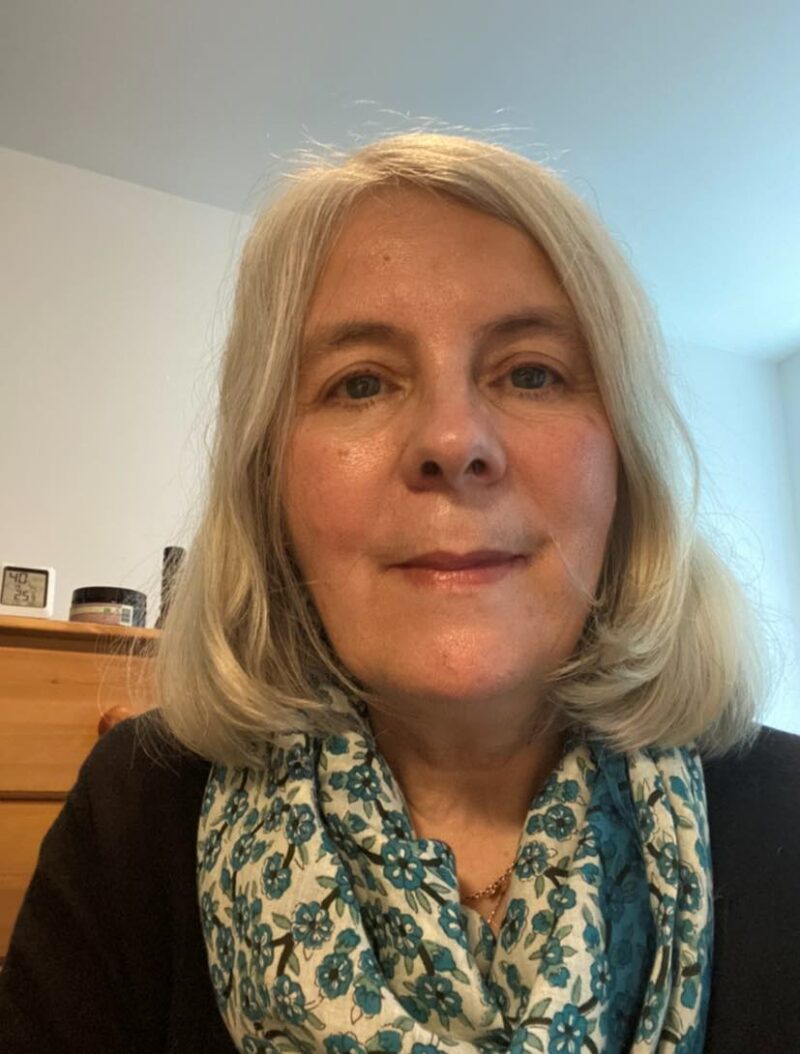
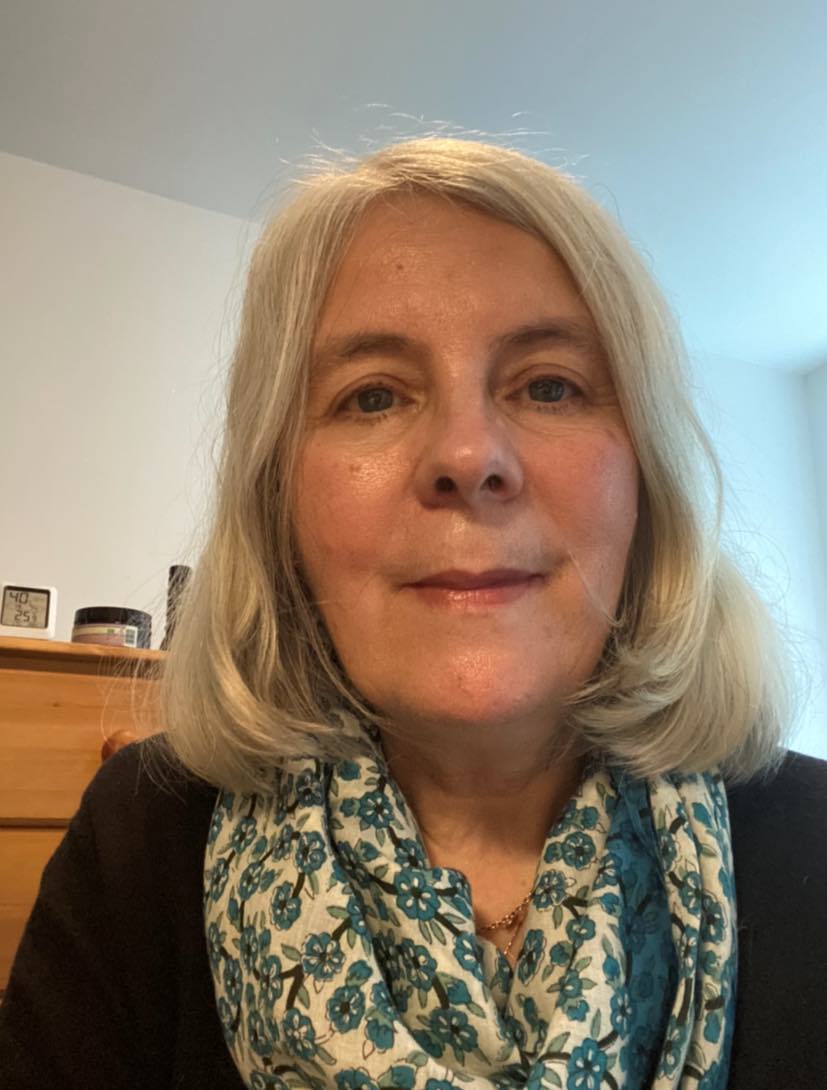
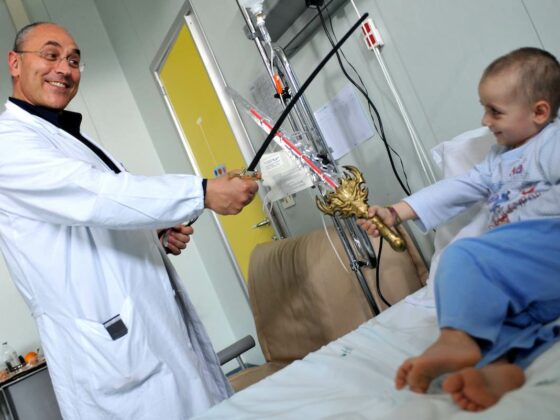
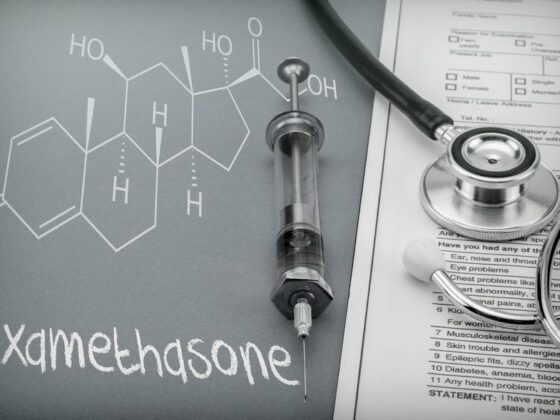
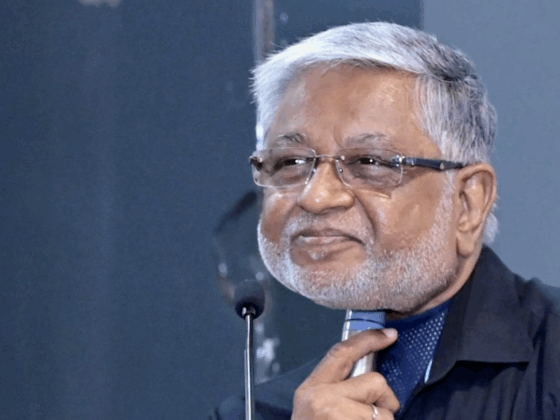
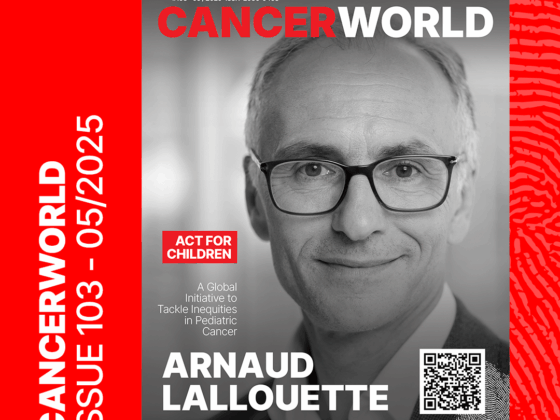
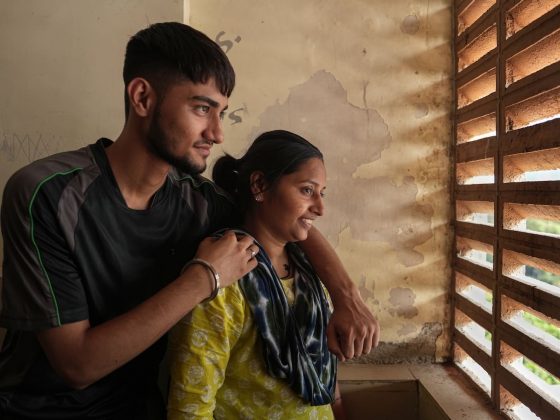

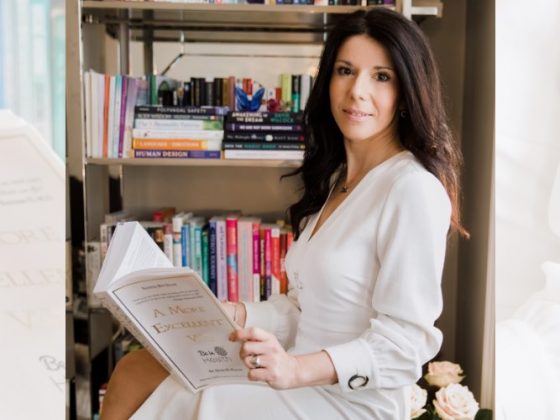
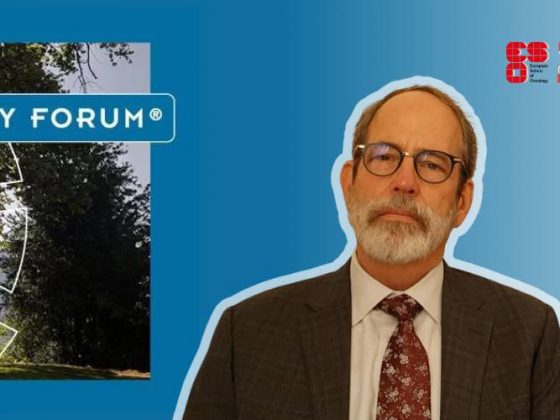
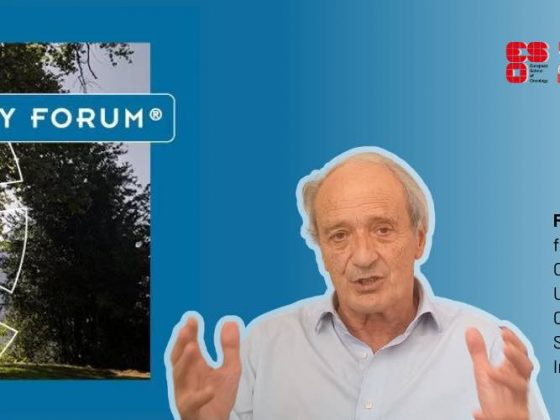
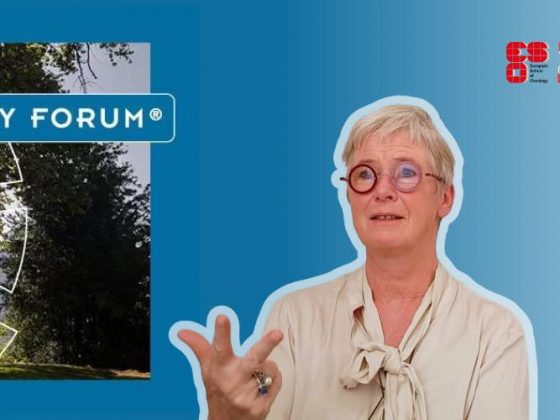
1 comment
Cordelia Galgut has “hit the nail on the head” for me. I am a 23 year and 3 time survivor of Ovarian Cancer. I have CIPD in my whole body – face to feet. I have digestive issues to the point I eat a very restricted diet and must switch over the counter meds every few months to shock BMs into working. I bloat and feel “fat” every day of my life tho I weigh 106 pounds at 5′ 5 1/2.” Gastroenterologists ask, “What do you want me to do, look at your medical history. 5 abdominal surgeries!” I’m told the adhesions will kill me before the cancer. I can’t run, ski, bike, hike, travel, or even be in the sum. The “golden years,” ha! People think the cancer is gone – what’s your problem? I’m not bitter, but I don’t know how to tell them, “it’s not over.”
Comments are closed.